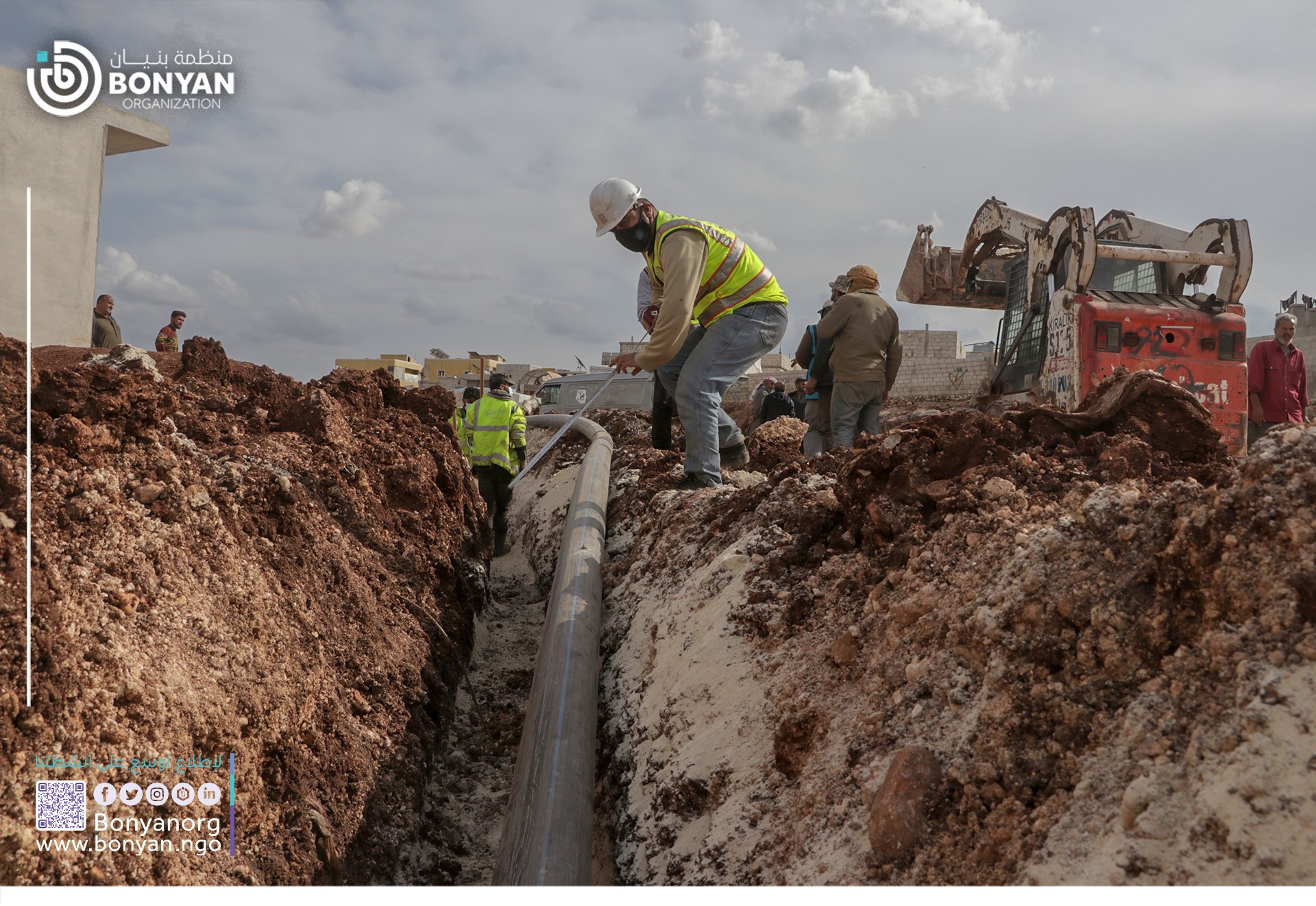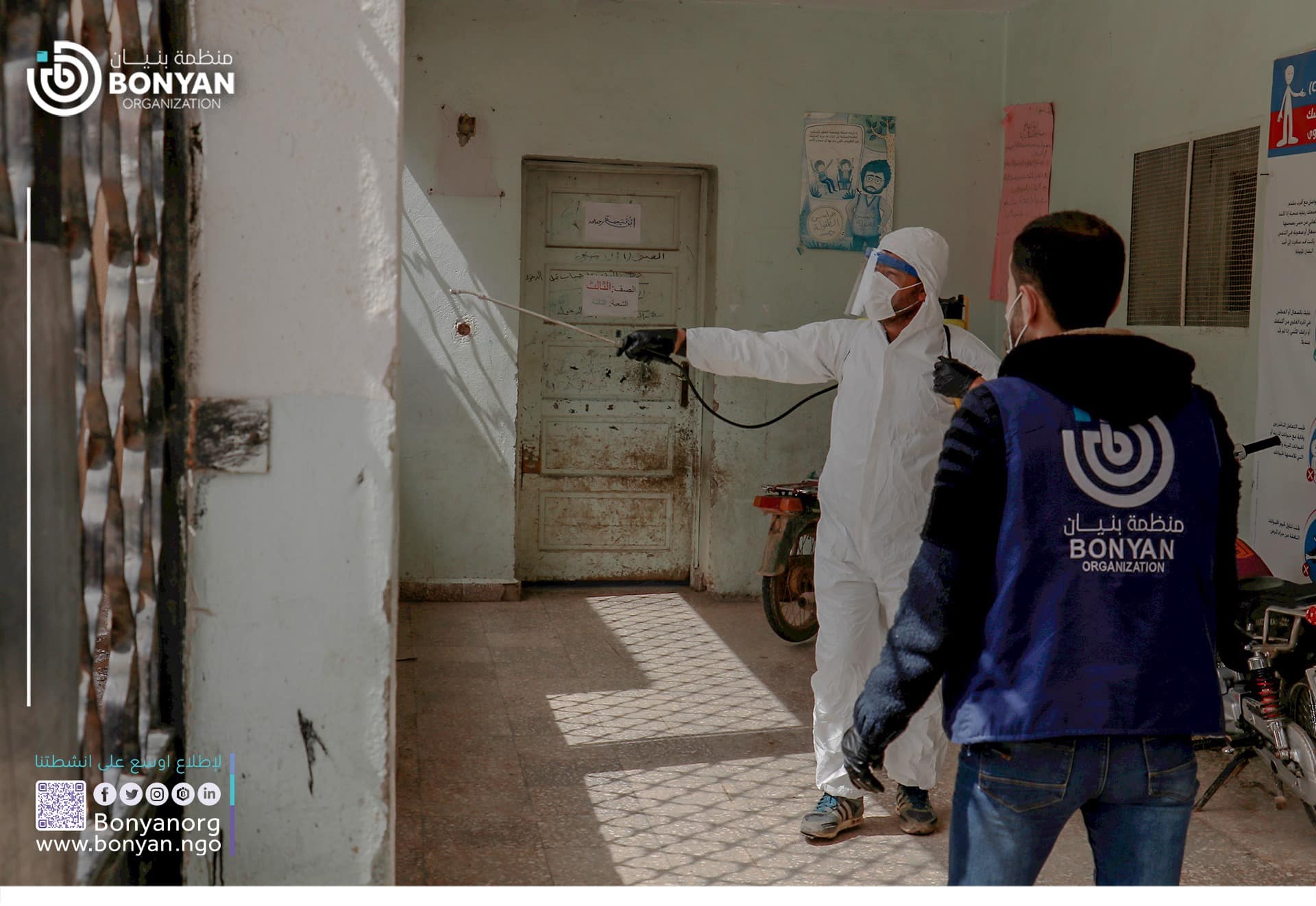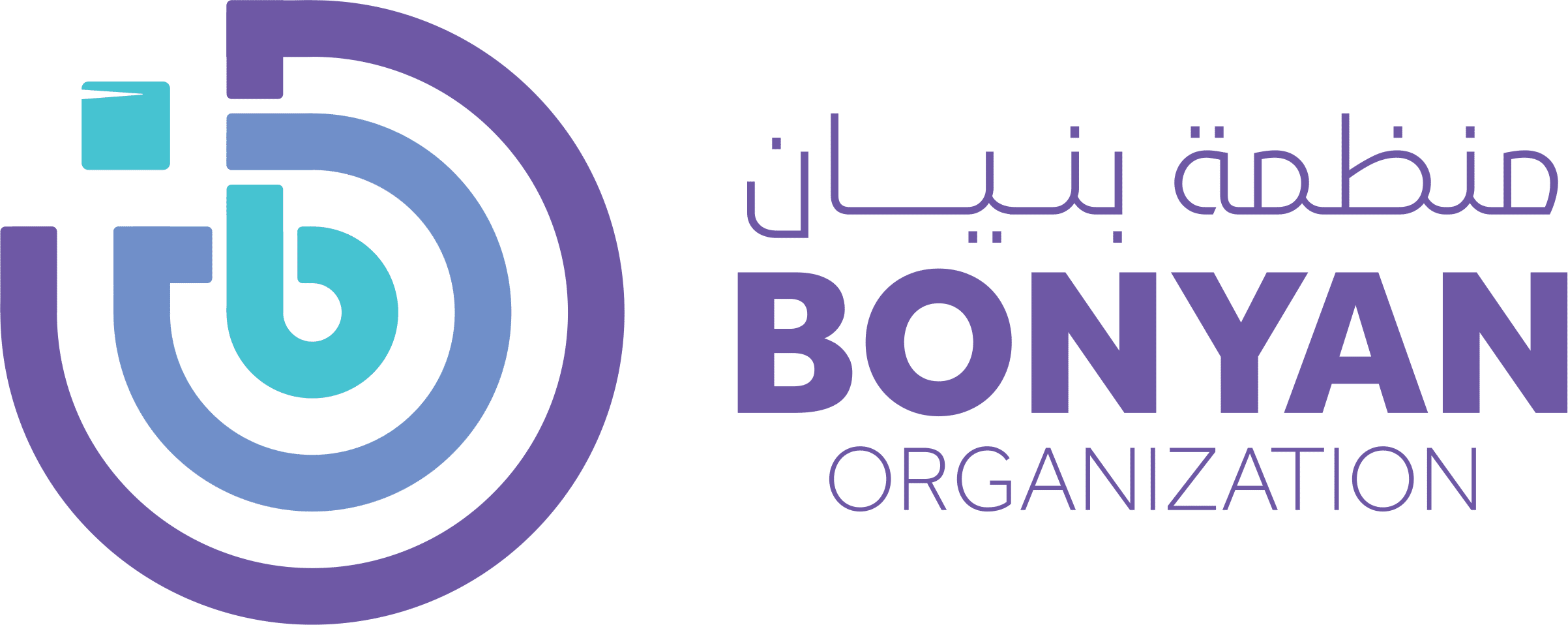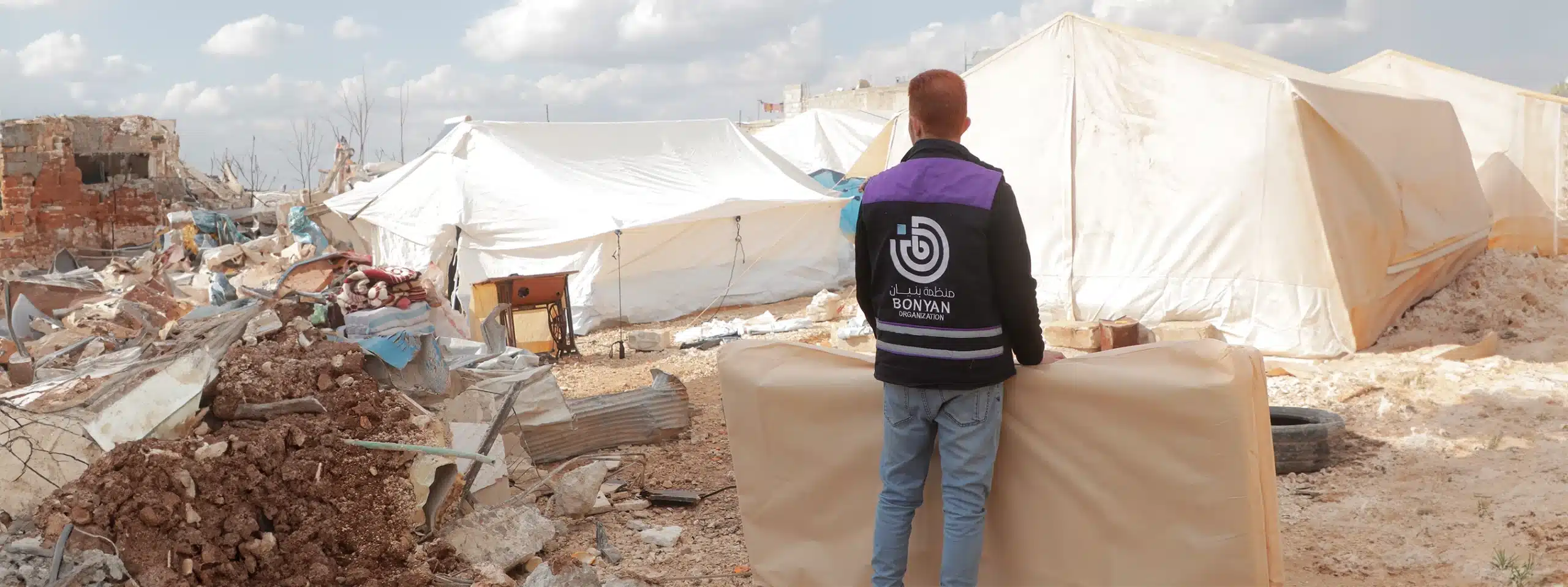Water, sanitation, and hygiene (WASH) form the essential building blocks for a healthy and dignified life, yet billions of people globally are denied these basic rights. This crisis has profound ripple effects, hindering development, perpetuating inequality, and causing immense suffering.
What is WASH and Why Does It Matter?
Water: More Than Just Access
WASH goes beyond having a water source nearby. It means clean water that’s reliably available, free from contamination, and appropriate for drinking, cooking, and hygiene. This includes managing water sources like groundwater sustainably and investing in treatment and distribution infrastructure.
Sanitation: A Safety and Dignity Issue
Effective sanitation encompasses safe containment of human waste, preventing contact with people and water sources. It ranges from basic latrines to complex sewer systems and treatment plants, all with the goal of breaking the disease transmission cycle. Sanitation is intrinsically tied to human dignity, especially for women and girls.
Hygiene: The Unsung Hero
Hygiene behaviors like handwashing with soap are some of the most cost-effective health interventions known. Yet, billions lack basic facilities and knowledge for proper hygiene. This encompasses menstrual hygiene management (MHM), food safety, and broader practices that stop disease spread at its source.

Why WASH Matters
Human Right: Access to safe water and sanitation is a fundamental human right, recognized by the United Nations.
Public Health Lifeline: Inadequate WASH is a major driver of illnesses like diarrhea, malnutrition, neglected tropical diseases (NTDs), and respiratory infections. These diseases disproportionately kill children under five and perpetuate cycles of poverty and illness.
Gender Equity: The burden of water collection often falls on women and girls, taking them away from education or income-generating activities. Lack of toilets and MHM facilities increases vulnerability, hinders school attendance, and perpetuates social stigma.
Economic Development: WASH-related diseases reduce productivity and burden healthcare systems. Investing in WASH has been shown to yield significant economic returns across sectors.
Climate Resilience: As climate change brings more extreme weather events, resilient WASH infrastructure becomes even more critical to protect communities.
The Devastating Impact of Inadequate WASH
Disease and Death: The WASH-Disease Nexus
Diarrhea, linked to contaminated water and poor sanitation, kills hundreds of thousands of children yearly. WASH deficiencies also fuel malnutrition, stunting, neglected tropical diseases (NTDs) like intestinal worms, and even increase pneumonia risk.
These preventable illnesses trap people in cycles of poverty and limit long-term development.
Women and Girls Bear the Brunt
The lack of WASH hits women and girls hardest. Time spent fetching water takes away from education and economic opportunities. Lack of private toilets increases risks of violence.
Inadequate facilities for menstrual hygiene management lead to missed school days and perpetuate stigma.
Economic Drain
WASH-related illnesses lead to lost workdays, reduced productivity, and strain healthcare systems. The economic costs to many developing nations run into billions of dollars annually. Conversely, research indicates that every dollar invested in WASH yields significant returns in health and economic benefits.
Climate Change Magnifies Risks
Extreme weather events disrupt WASH infrastructure and contribute to water scarcity. Climate adaptation plans must include building resilient WASH systems to avoid public health setbacks as the planet warms.
The WASH Crisis in Numbers
- Drinking Water: 2.2 billion people lack access to safely managed drinking water sources.
- Sanitation: 3.5 billion people live without safely managed sanitation, with 419 million still practicing open defecation.
- Health Impact: Approximately 1,000 children under 5 die every day from WASH-related diseases.
- Hygiene: 2 billion people lack basic handwashing facilities with soap and water at home.
- Fragile Contexts: Those living in conflict areas are twice as likely to lack basic WASH services.

Challenges to Universal WASH Access
1. Political Neglect: WASH is often sidelined in national budgeting or lacks dedicated funding streams. Governments may lack the political will to reach the most marginalized communities.
2. Systemic Barriers and Inequality: Fragmented responsibilities between government bodies, poor coordination, and a focus on urban areas all contribute to those most in need being left behind.
3. Sustainability Failures: Too often, initial WASH projects fail due to inadequate maintenance, lack of community ownership, or failure to address long-term pollution threats.
4. WASH in Emergencies: A Crisis Within a Crisis: Conflict and disasters destroy WASH infrastructure, rapidly spreading disease among displaced and vulnerable populations. Addressing WASH is a humanitarian imperative.
5. Data Gaps and Evidence: While the intuitive link between WASH and health is clear, robust data on specific health outcomes and intervention effectiveness is sometimes lacking. This hinders evidence-based advocacy and policymaking.
Pathways to Progress
Achieving universal WASH requires a multi-pronged approach and commitment at all levels:
– Rights-Based Approach: Frame WASH as a fundamental human right, enshrined in national policies and international agreements.
– Integrated Planning: No Single Solution: Align WASH plans within broader development goals for health, education, and climate resilience.
– Empowering Women: Women must be leaders in designing and managing WASH solutions to meet their unique needs and break down gender inequality.
– Technological Innovation and Adaptation: Embrace new technologies while considering context – from low-cost water filtration to sustainable sanitation designs suitable for different environments.
– Funding the Future: Shift from reliance on inconsistent donor funds to stable, dedicated government and community financing for WASH.
– Monitoring and Accountability: Improved data collection is key to track progress, show what works, and hold leaders accountable to WASH targets.
Success Stories
Yemen
UNICEF and its partners continue to support the maintenance of the water supply systems operating throughout Yemen.
Thanks to the support of partners, nearly 5 million people were able to obtain safe drinking water, and almost one million people were able to get an emergency supply of safe drinking water in 2018.
In addition, more than 5.5 million people living in high-risk areas for cholera have gained access to household water treatment and sterilization facilities.
Palestine
To improve access to potable water, the European Union has funded the largest seawater desalination plant in the Gaza Strip to date, along with the largest solar energy field in the Gaza Strip, which will eventually provide potable water to 250,000 people.
The desalination plant and area were built to produce solar energy by UNICEF. UNICEF continues to work on innovative solutions to make the supply of potable water more sustainable and cost-effective, including installing a new desalination model in Gaza in partnership with the Massachusetts Institute of Technology.
This solar-powered model is less energy-intensive than conventional technology and converts about (90%) of the water it extracts from the aquifer into drinking water.
Syria
To alleviate the difficulties experienced by the population in providing safe water for drinking and use, many local organizations like “Bonyan Organization” and the “White Hands Association” both worked to help this crisis by implementing several projects related to water and sanitation programs.
These programs aim to provide clean water at the lowest possible cost and deliver it to the affected families.
These projects varied, including distributing water with individual tanks, transporting water to areas that lack it and digging wells, and installing water pumps to help families obtain clean water.
Bonyan’s WASH Efforts in the Middle East
At Bonyan, we understand that clean water, proper sanitation, and good hygiene practices are the foundations of healthy communities. That’s why we’re dedicated to providing life-saving WASH services across the Middle East, a region where conflict and instability have disrupted these essential services.
Our work encompasses repairing damaged water systems to ensure a reliable water supply, building and maintaining sanitation facilities to prevent the spread of disease, and conducting hygiene promotion campaigns to empower individuals with knowledge.
Our efforts have already reached hundreds of thousands of people. We’ve distributed essential hygiene supplies, improved access to clean water, and supported the construction of sanitation infrastructure in schools and underserved communities. However, the need remains immense.
Join us in creating a healthier future for the Middle East. Your support directly funds our WASH initiatives, saving lives and building resilience. Visit our website to learn more about our work and how you can make a difference in the lives of those who need it most.
FAQs
What are WASH Projects?
The WASH project works on long-term prevention and control measures for improving health, reducing poverty, improving socio-economic development, and responding to global emergencies and outbreaks of life-threatening illnesses.
What are the WASH Program Activities?
It provides safe water for drinking, cooking, personal hygiene, and household cleaning. It provides latrines or toilets segregated by sex or family unit for safe use by women, girls, men, and boys.
What Does WASH Stand for?
Water, sanitation, and hygiene (WASH) Regions.





